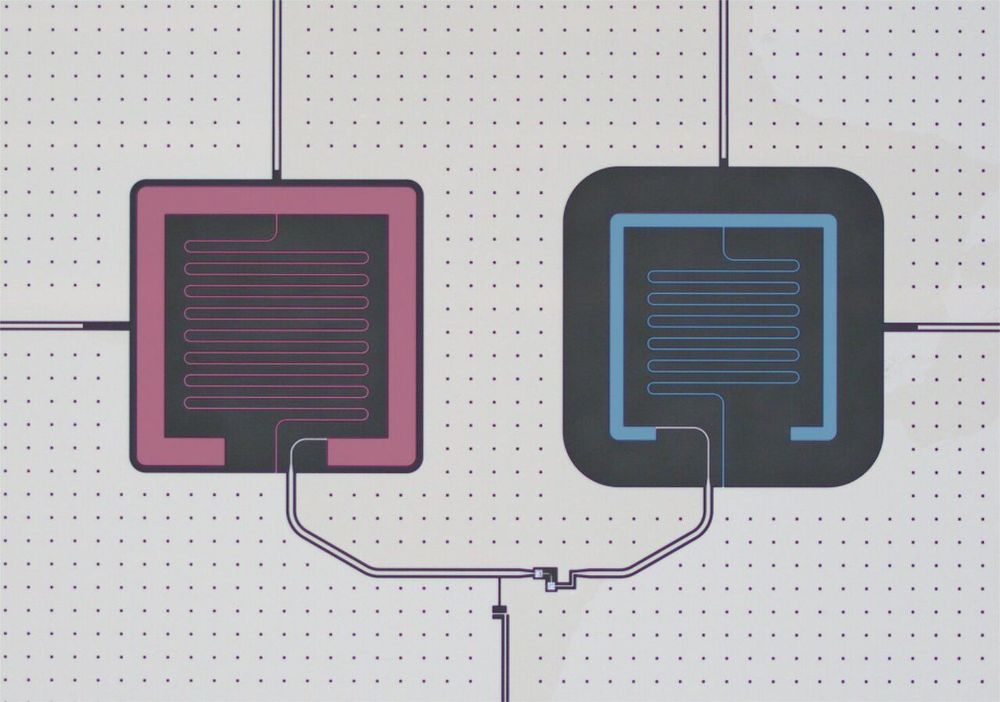Superconducting circuits, which have zero electrical resistance, could enable the development of electronic components that are significantly more energy-efficient than most chips used today. Importantly, superconducting circuits rely on an electronic element known as the Josephson junction, which allows them to manipulate quantum information and mediate photon interactions. While past studies have tried to enhance the performance and coherence of Josephson circuits, so far, the most promising results in terms of photon lifetimes were achieved in microwave cavities.
A team of researchers at Princeton University, Northwestern University and the University of Chicago have directly operated an oscillator using a stimulated Josephson nonlinearity. In their paper, published in Nature Physics, the team achieved quantum control of an oscillator by operating it as an isolated two-level system, tailoring its Hilbert space.
“Our research was motivated by the ongoing effort in the superconducting circuits community to engineer highly coherent qubits for quantum information,” Prof. Andrew Houck, one of the researchers who carried out the study, told Phys.org. “There has been enormous progress in designing linear microwave resonators that can outperform the coherence of conventional superconducting qubits.”









Comments are closed.